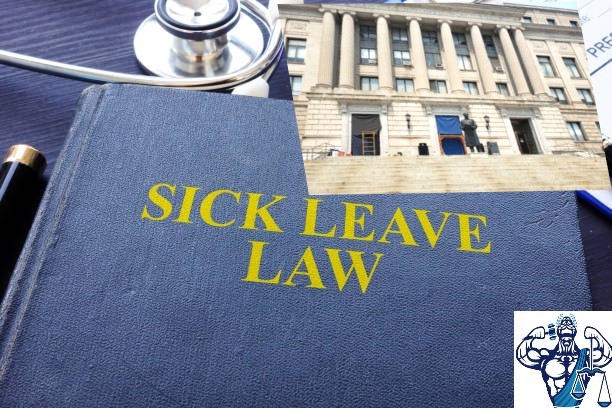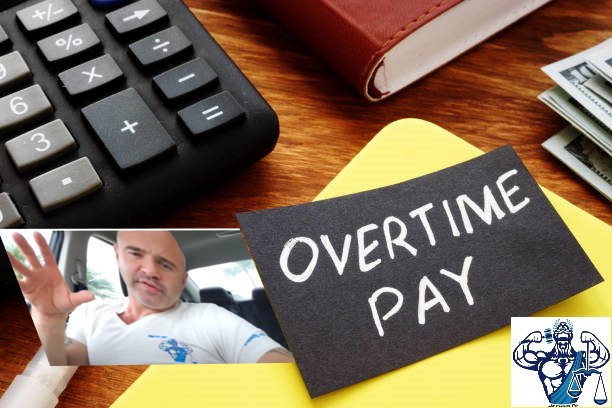Here at the Law Office of Vincent Miletti, Esq. and the home of the #UnusuallyMotivated movement, we take pride as a resilient and dependable legal services firm, providing such services in both a traditional and online, web-based environment. With mastered specialization in areas such as Employment and Labor Law, Intellectual Property (I.P.) (trademark, copyright, patent), Entertainment Law, and e-Commerce (Supply Chain, Distribution, Fulfillment, Standard Legal & Regulatory), we provide a range of legal services including, but not limited to traditional legal representation (litigation, mediation, arbitration, opinion letters, and advisory), non-litigated business legal representation and legal counsel, and unique, online legal services such as smart forms, mobile training, and legal marketing and development.
Still, here at Miletti Law®,we feel obligated to enlighten, educate, and create awareness, free of charge, about how these issues and many others affect our unusually motivated® readers and/or their businesses. Accordingly, to achieve this goal, we have committed ourselves to creating authoritative, trustworthy, & distinctive content. Usually, this content is featured as videos posted on our YouTube Channel https://www.youtube.com/channel/UCtvUryqkkMAJLwrLu2BBt6w and blogs that are published on our website WWW.MILETTILAW.COM. With that, the ball is in your court and you have an effortless obligation to subscribe to the channel and sign up for the Newsletter on the website, which encompasses the best way to ensure that you stay in the loop and feel the positive impact of the knowledge bombs that we drop here!
As the authoritative force in Employment Law, we are thrilled to continue creating content-filled videos that cover diverse areas of Labor Law to educate and deliver in a sense that only Miletti Law® can. In this regard, this blog introduces you to yet another short training video titled “Does The FLSA Apply To Me? (Probably…).” By way of backdrop, we have dealt with the Fair Labor Standards Act in our past blogs. For instance, in our blog titled “New York City Labor Law on Compensation, Wage, and Hour Issues” and accessible through https://milettilaw.com/blog/f/new-york-city-labor-law-on-compensation-wage-and-hour-issues, we hammered on various issues, including “exemptions for overtime pay under the Fair Labor Standards Act (FLSA),” “the New York City’s Fair Workweek Law,” “commuter benefits,” and “employee sick and leave time.” Furthermore, in a recent blog titled “Damages Available to Plaintiffs in FLSA Misclassification Claims” and accessible through https://milettilaw.com/blog/f/damages-available-to-plaintiffs-in-flsa-misclassification-claims, we provided you with key information regarding the damages available to plaintiffs who prevail in FLSA misclassification claims. However, as the matter of discussion in the blog and the video it has been created from, one important question remains – to whom does the FLSA exactly apply?
To answer this question, let us get down to it!
Does The FLSA Apply To Me? (Probably…)
For starters, it is crucial to mention that among other states, New York has seen a spurred growth in troll attorneys who, while only focused on the dollar entering their pockets, do not care and have no credibility at all in key legal matters. We have met some who have miscalculated something because while the threshold in New York is high, you have to pay a lot in order to be exempt. The FLSA is typically not too stringent but uses unique language in itself and complex terminology and while it is a comprehensive statute, it tries to incorporate and encompass as much information related to minimum wage, employee sick and leave time, and exemptions/requirements for overtime pay, among other issues as possible.
Essentially, with the primary goal of protecting workers against certain unfair employment and pay practices, the FLSA sets out a broad range of regulations and rules regarding how employers should deal with employees, whether paid on an hourly or a salary basis. Basically speaking, the FLSA applies to employees working for enterprises that (a) have an annual gross volume of sales made or business income amounting to $500,000 or more and (b) employees engaged in interstate commerce or the production of goods for commerce. It is critical to understand that under the FLSA, interstate commerce refers to business transactions or the movement of money, goods, services, or products across state borders. This implies to commerce in the international context or the nationwide economy as a whole.
Thus, pursuant to 29 U.S.C. § 207, overtime provisions under the FLSA apply if the employee is engaged in commerce or the production of goods for commerce or if such an employee works in an enterprise whose annual gross income is $500,000 or more. When it concerns the employer, it is known as the enterprise theory of the FLSA. Accordingly, the theory stipulates that the statute covers enterprises in which (a) employees either handle, sell, or otherwise work on the production of goods or materials that are moved or produced from commerce or (b) work in enterprises whose annual gross sales volume or business done is not less than $500,000.
Please, feel free to view our video at https://www.youtube.com/watch?v=LP4L2WspzM4. As we continue hammering on new stuff daily, stay tuned for more educative videos, inspiring training, & legal advice. In the interim, if there are any questions or comments, please let us know at the Contact Us page!
Always rising above the bar,
Isaac T.,
Legal Writer & Author.
 Professional Legal & Business Services And Representation - English & Espanol!
Professional Legal & Business Services And Representation - English & Espanol!

 314-648-2586
314-648-2586 CALL US NOW
CALL US NOW








